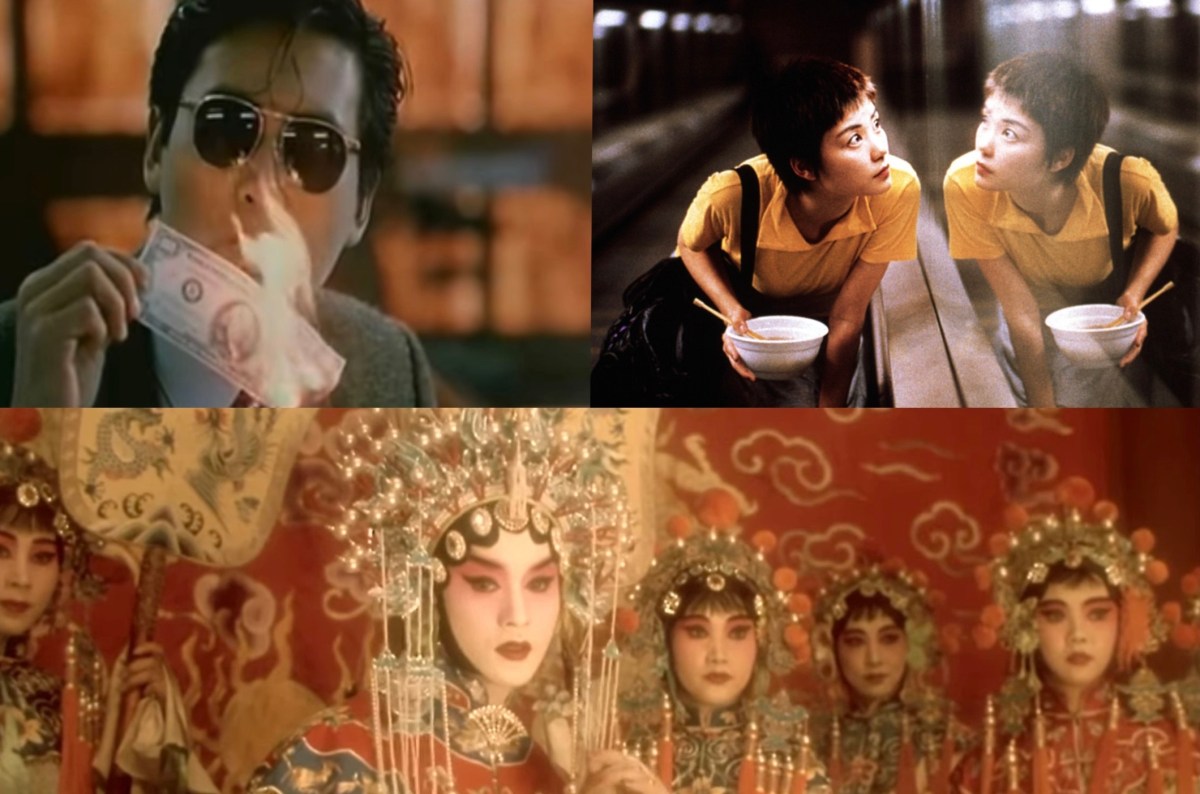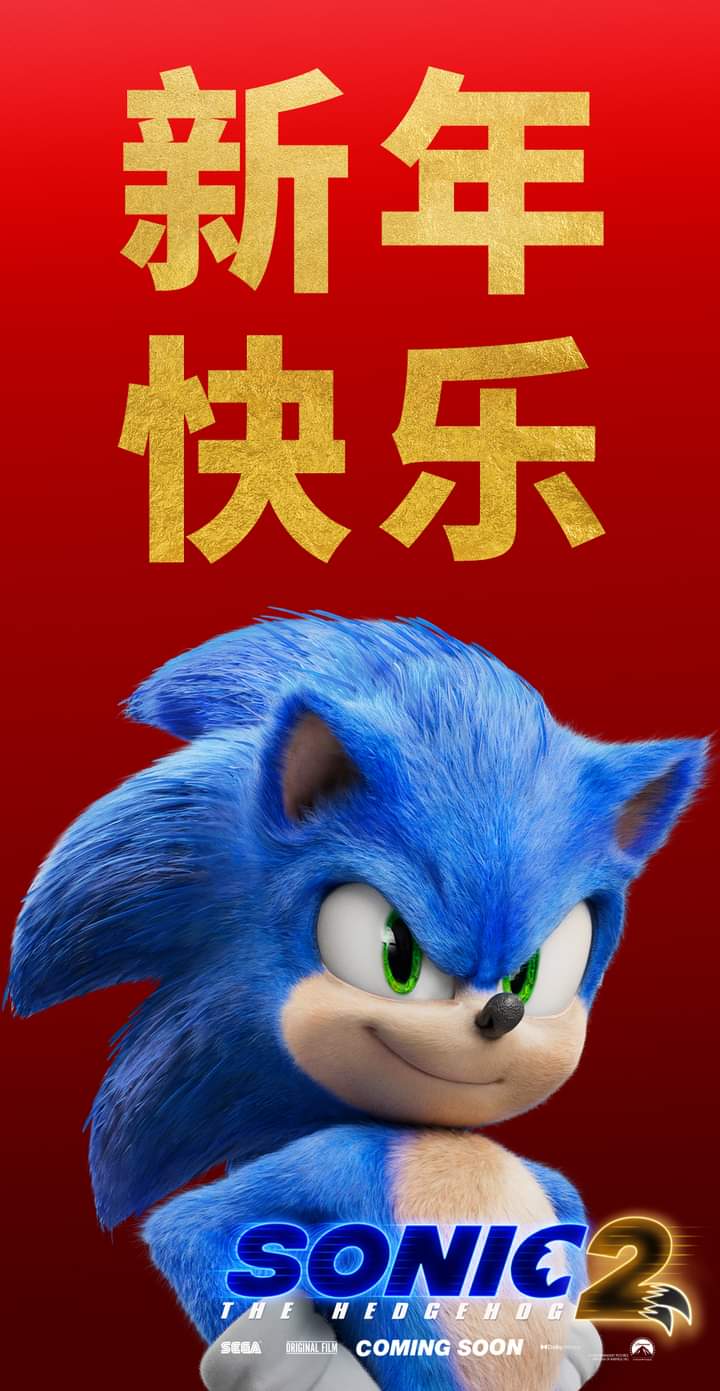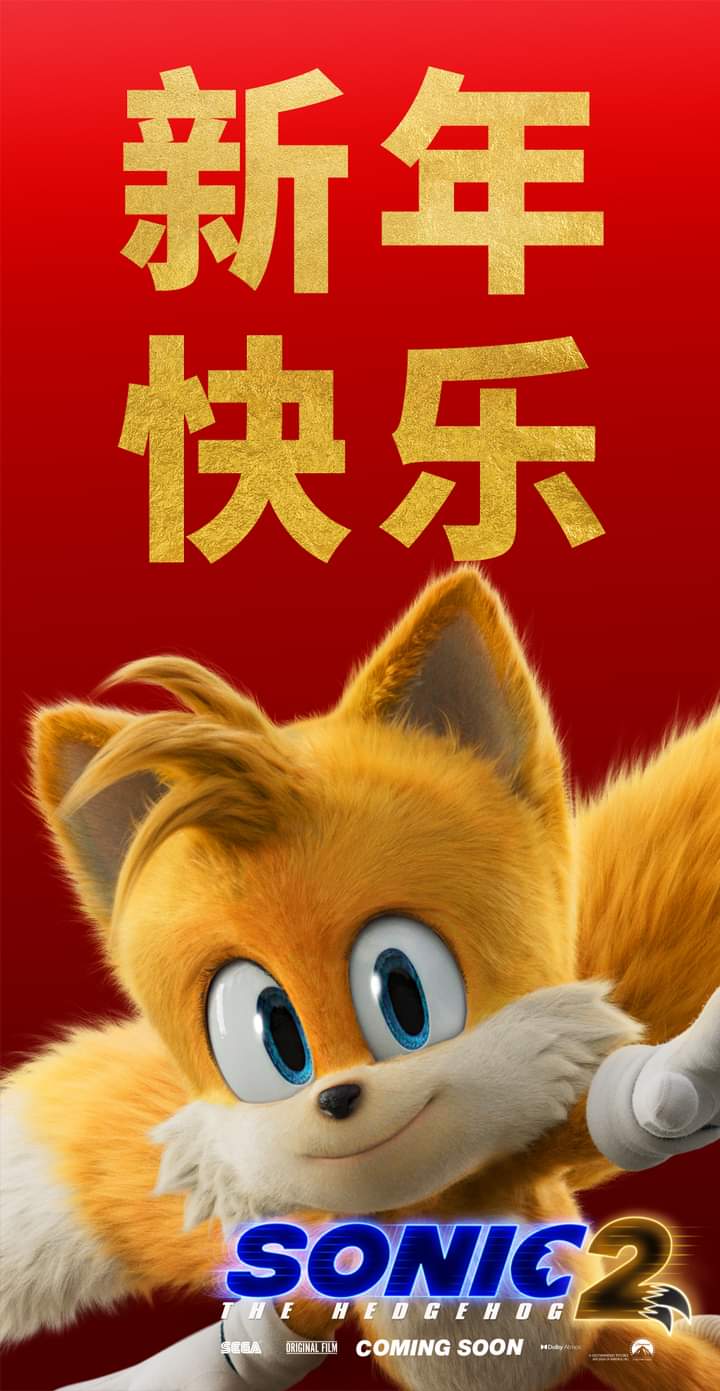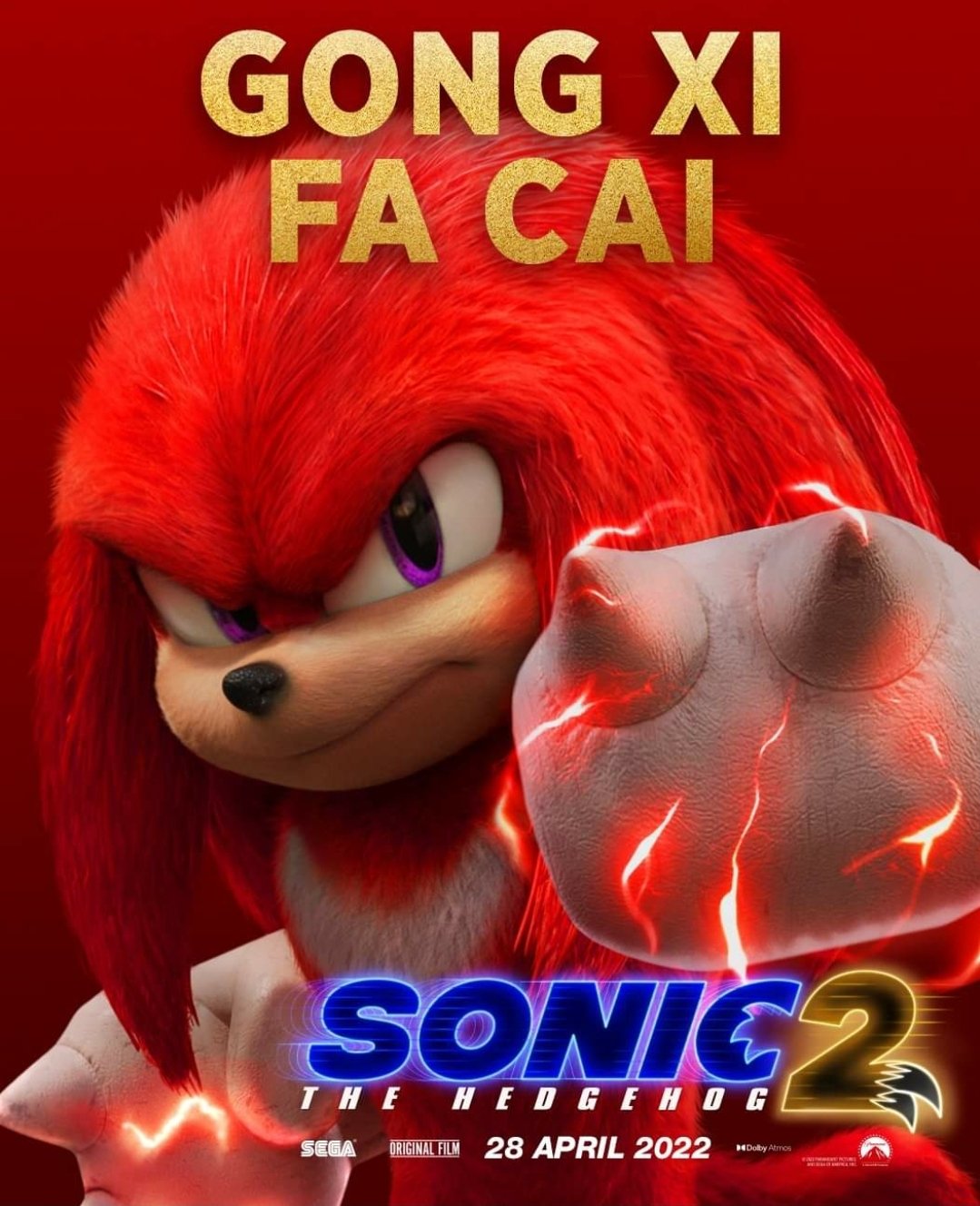This list, which I likely started thinking about after watching my first Chinese film when I was seven years old, was compiled after several visits to China and a healthy obsession with Chinese cinema. It considers all Chinese language films from Mainland China, Hong Kong, and Taiwan. This is identical to the films considered by the Golden Horse Awards, which is the Chinese-language equivalent to the Oscars. (The Golden Rooster Awards are also notable).
Surprisingly, no martial arts films made this list (three just outside of the top 10), but worry not ⏤ just keep an eye out for my “Greatest Martial Arts Movies of All Time” list coming soon. In the meantime, here are the 10 greatest Chinese language films ever made.
10. Red Sorghum (1988)
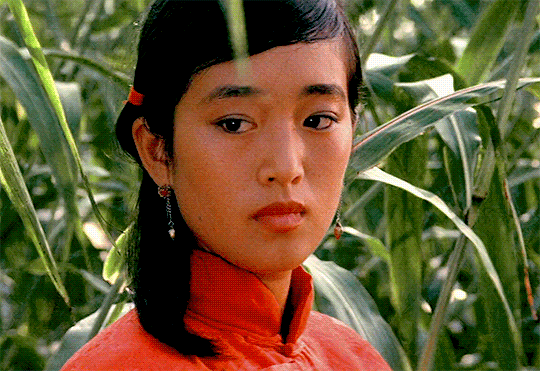
“Let me tell you about the story of my grandfather and grandmother. It has still been told in my hometown to this day. As time passes, some people keep believing it, some don’t.”
The opening line of Red Sorghum prepares you for a story of emotion, romance, tragedy, and, most importantly, life. Despite living in a remote rural village, the characters ultimately find themselves affected by the second Sino-Japanese War as the story develops into a drama that doesn’t stick to any singular theme and continues to move its viewers long after its conclusion.
The film marks numerous historical debuts, including the directorial debut of now legendary filmmaker Zhang Yimou, the debut role for perennial award-winning actress Gong Li, and the film itself is based on the debut novel of Mo Yan, who later became the first Mainland Chinese resident to win the Nobel Prize for Literature.
I often say that Red Sorghum will leave you partially shattered. That may not necessarily be a good thing, but it’s an experience that you will likely never forget and I suspect that’s the intent of its creators.
Awards and accolades:
- Won four Golden Rooster Awards including Best Film
- Was the first Chinese movie to win the Golden Bear Award at the Berlin International Film Festival
9. Yellow Earth (1984)
Yellow Earth is a true movie experience that uses film as its storyteller and the script as its supporting role. It was the first of the highly regarded “Fifth Generation Films of China” that broke from the state-sponsored films and thus marks a new beginning in Chinese cinema.
Thanks to another now legendary director making his debut, Chen Kaige, and cinematographer Zhang Yimou, the viewer has a romance with the barren landscape of Shaanxi province while a small village balances its life against the hope of the Communist Revolution. Why is poverty such an ally to this village, and will the future truly be different or will it just be hope unfulfilled? They’re questions you’ll likely ask yourself during the film and again, more intensely, after it.
Awards and accolades:
- Ranked #4 in Hong Kong Film Awards’ “Best 100 Chinese Motion Pictures”
8. In the Mood for Love (2000)
Tony Leung and the incomparable Maggie Cheung play characters in early 1960’s Hong Kong that both have a spouse whom they barely see and soon they begin to build affection for each other. They also start to suspect, for good reason, that their respective spouses are cheating on them. Should this green light an affair of their own, or will they deny themselves what could be true love?
Director Wong Kar Wai makes several ingenious decisions here, such as having the couples rent adjacent rooms in the same building, never showing the faces of the spouses, and often filming a scene from an angle that makes you feel as if you’re peeking at them while they’re trying to hide from everyone.
Maggie Cheung wears only cheongsam dresses in the film, a popular everyday outfit for Hong Kong women at the time, and she wears well over 20 different designs. The patterns on her cheongsam actually help the viewer differentiate the days, allowing the story to unfold without much hesitation from one night to the next.
Awards and accolades:
- Won five Hong Kong Film Awards including Best Actor (Tony Leung)
- Named by Time Out Hong Kong Magazine in 2022 as the greatest Hong Kong film ever made
7. City of Sadness (1989)
This story is a well-crafted tale set upon the backdrop of late 1940’s Taiwan, the beginning of the period known as the “White Terror” when as many as 20,000 civilians were persecuted for protesting the Kuomintang regime.
The film also takes a very unique approach to language, as it’s one of the first Chinese films to feature many different languages and different Chinese dialects spoken throughout. It’s not too difficult to understand why that could be a recipe for disaster, but it ends up being a perfectly utilized tool in a perfectly shot film.
Awards and accolades:
- First Taiwanese film to win Golden Lion Award at Venice Film Festival
- Won two Golden Horse Awards including Best Director (Hou Hsiao Hsien)
- Ranked #1 in Golden Horse’s “100 Greatest Chinese Language Films”
6. Days of Being Wild (1990)
Some descriptions of this Wong Kar Wai film will have you think that it’s about a man searching for his birth mother. Don’t believe them. It’s a film about a man searching for himself.
“There’s a kind of bird without legs that can only fly. The bird only lands once in its life. That’s when it dies.”
Leslie Cheung plays that man, or that type of bird, who is constantly in flight in a world where many wish he were instead a grounded soul. He lives the fast life, going from one woman to the next, getting into fights, drinking too much…you get the idea. He appears to be in constant motion, yet his motion is precisely what stops him because, despite it, he’s not moving forward at all.
Awards and accolades:
- Won five Hong Kong Film Awards including Best Film
- Ranked #3 in Hong Kong Film Awards’ “Best 100 Chinese Motion Pictures”
5. A Better Tomorrow (1986)
Two brothers. One is a cop. The other is a member of a crime organization.
This John Woo film was a sensation in Hong Kong, becoming the highest-grossing movie there up to that point. Chow Yun Fat is charisma personified in this movie. It’s no surprise that the sunglasses he wore in the film quickly sold out in Hong Kong and the type of trench coat he wore became nicknamed after his character.
He shares the stage with 1970’s martial arts star Ti Lung, who built a career on charisma. Lung gives a masterful performance, portraying the anguish of a man who wants to get out of organized crime while knowing the consequences of such actions.
Awards and accolades:
- Ranked #2 in Hong Kong Film Awards’ “Best 100 Chinese Motion Pictures”
4. Spring in a Small Town (1948)
Only five actors appear on screen during this entire film, which might make you falsely conclude that it was adapted from a play. It turns out that the budget was so low that the filmmakers couldn’t afford more actors, but the quality of those actors, and of the pen of scriptwriter Li Tianji, made a limited cast appear engaged in an abundant production.
The husband has health issues, is unable to work, and is understandably depressed. His uplifting friend, who was former sweethearts with his wife, pays a surprise visit. Director Mu Fei understood how to get the most from the limitations he was forced to work with, a talent likely born from his numerous Beijing Opera films. With many possible scenarios surfacing here, a modern day writer would explore all of them to their potentially bizarre conclusions, but this writer ⏤ with a strong assist from Mu Fei, who added essential elements ⏤ manages to explore the feelings of the characters with such depth that having them act on those feelings is no longer required.
It’s among the most perfectly crafted scripts one can hope to enjoy in such a film. In fact, I recall looking to the sky and thanking writer Li Tianji after my first time seeing this film, a practice I’m helpless to stop with each additional viewing.
Awards and accolades:
- Ranked #1 in Hong Kong Film Awards’ “Best 100 Chinese Motion Pictures”
3. Chungking Express (1994)
Director Wong Kar Wai created this film of two short stories by taking an extreme spontaneous approach. He would often write the scenes the night before shooting them, especially for the film’s second part when he reunited with cinematographer Christopher Doyle, whose apartment they shot numerous scenes in (and where fans of the film would later hang out after its release hoping to get a glimpse inside). The result is a natural script that feels both raw and realistic, which serves as a breath of fresh air and easily pulls you in to the lives of the characters.
The first act features a man who longs for his lover to return but knows it’s unlikely. He’s forced to battle his strong emotions yet knows he must stop them somehow, so his device is to buy canned pineapples all with the same expiration date of May 1, 1994. When he stops eating them every day, so too must his hanging onto the belief of his lover’s return.
While the first act is about the expiration dates on love, the second act is about the beginnings of them. The ethereal Faye Wong (now the biggest pop star in East Asia for the last 30 years) plays a woman appropriately named Faye who falls in love with a man but, because she’s so unusual, expresses herself to him with strange actions like breaking into his apartment to clean it (I warned you she was unusual). I personally wouldn’t mind someone breaking into my apartment to clean it, and neither does Tony Leung’s character, who starts falling in love with her thanks in part to her extremely odd ways. Believe it or not, you might, too.
Music plays a significant role in the film, with Wong’s own cover version of “Dreams” by the Cranberries being a welcome addition to the soundtrack. Similar to how Faye Wong’s character never gets the song “California Dreamin’” out of her head, you’ll likely never get this movie out of yours.
Awards and accolades:
- Won four Hong Kong Film Awards including Best Film
- Named one of the 100 greatest movies by Time Magazine
2. Farewell, My Concubine (1993)
“It’s been ten years since we last saw each other.”
“Eleven years.”
“Oh, yes, yes. Eleven years.”
This story about the relationship of two men who shared a life together without actually sharing a life together begins with their reunion. The journey, which starts in 1924, is an emotionally charged cinematic masterpiece presented by director Chen Kaige, gifting its viewer with an exhilarating color palette that peaks during the several Beijing Opera scenes. However, they’re only the on-surface attraction of this in-depth tale based on the book by Lillian Lee, who also helped write the screenplay. As China experiences the violent challenges of civil war and then Japanese invasion, it bleeds into the lives of the main characters whose personal relationships are knitted upon the national conflicts.
The mere suggestion of the above noted relationship was enough to ban this film in its homeland after just two weeks of showings. That didn’t stop the rest of the world from appreciating its value and understanding that the film is not a still photo about a forbidden love but, rather, a moving canvas about the trials of life when painted upon an unpredictable landscape. Thankfully, it has since been embraced by many in China for being the groundbreaking film that it undeniably is.
Awards and accolades:
- The only Chinese film to win the Palme d’Or at the Cannes Film Festival
- Ranked #1 by Time Out Shanghai Magazine’s “100 Best Chinese Mainland Films”
- Named one of the 100 greatest movies by Time Magazine
1. Love Eterne (1963)
That Love Eterne may very well be the most visually appealing Chinese-language movie ever made and the fact that such can be said about a film from the 1960’s speaks volumes to its achievement.
Shaw Brothers Studios was famous for its indoor sets. They were so intricate that they would take grass from outside and patch it up in areas of their elaborate sets inside. The visual appeal, similar to the sets of The Wizard of Oz, made many of their movies even more appealing than they already were, most especially this one.
Many scenes are unforgettable, including a 15-minute sequence where the main characters walk through such awe-inspiring sets depicting nature that there has likely never been such a sequence in the entire history of films that boasted so many gorgeous indoor sets, and most certainly not up to that point.

Love Eterne, directed by the extraordinary Li Han Hsiang, is based on an old Chinese folk tale called “Butterfly Lovers,” which is about a woman who disguises herself as a man in order to study at a university. While there, she develops a close friendship with a man she eventually falls in love with and agonizes over whether or not she should confess her feelings and tell him that she is really a woman. In short, it’s considered the Romeo and Juliet of China, though it predates its western counterpart.
The movie takes the already popular story, casts two women in the respective lead roles (Betty Loh Ti and Ivy Ling Po) and presents it as a Huangmei Opera, which was the single most popular movie genre in China at the time, best described as a type of musical with simplistic yet easily enjoyable melodies, mostly high-pitched vocals, and witty lyrics, which the performers deliver with graceful gestures.
Upon its release, the film reached a popularity never before seen in Hong Kong, China, and Taiwan ⏤ a popularity that spread throughout Southeast Asia. One report stated that an incredible 87 percent of the population in Taipei saw the film in theaters. Actress Ivy Ling Po was catapulted to stardom and upon her first visit to Taiwan after the film was released, she was greeted at the airport by 30,000 people.
It also had multiple showings in the United States every year for five straight years, most notably in Hawaii and San Francisco, where the movie had eight separate runs from November 1963 to October 1967 to the delight of the growing Chinese population there.
Love Eterne has it all and, along with all the films in this ranking, is a major cinematic achievement.
Awards and accolades:
- Won six Golden Horse Awards including Best Film
- Ranked #1 by China’s MovieView Magazine “100 Years of Hong Kong Cinema”

